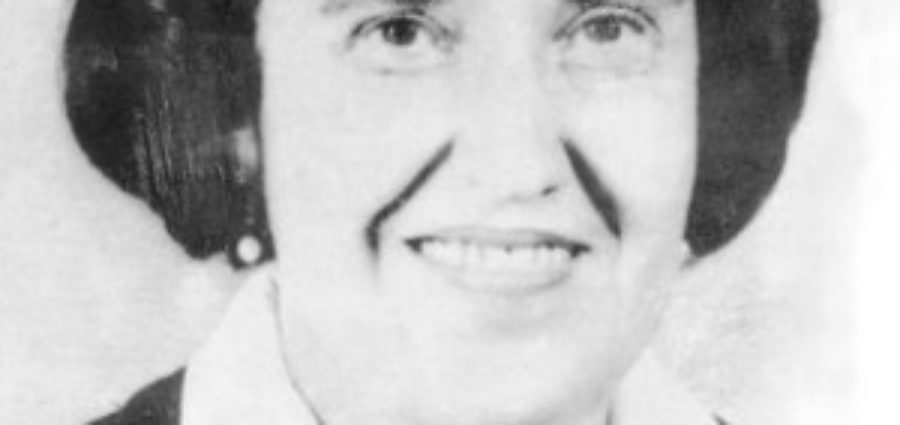Rosalyn Yalow, a Nobel Prize-winning scientist who co-developed the laboratory technique of radioimmunoassay that permits measurement of once immeasurably small quantities of hormones and other biological molecules, died May 30 in the Bronx. She was 89.
Dr. Yalow, the second woman to win the Nobel in physiology or medicine, had been partially disabled in recent years from a series of strokes. No cause of death was given. She had lived in the Bronx for all but four years of her life.
Dr. Yalow’s measurement method — an “assay,” in scientific parlance — initially transformed the study of hormones, and in particular insulin, which regulates the concentration of sugar in the bloodstream. She and her scientific partner, Solomon A. Berson, who died in 1972, used the technique to make pathfinding observations about diabetes.
The power of the technique was immediately recognized by scientists in other fields.
Radioimmunoassay, or RIA, became an essential tool in diagnostic and research labs and transformed blood banks, where it was used to detect pathogens such as the hepatitis B virus that had been unwittingly passed on to people getting transfusions.
Until the time of her death she continued to reside in the same house in Riverdale that she and her husband purchased after she began working at the Bronx Veterans Administration Medical Center in the 1940s. Her husband, Dr. Aaron Yalow, died in 1992.







